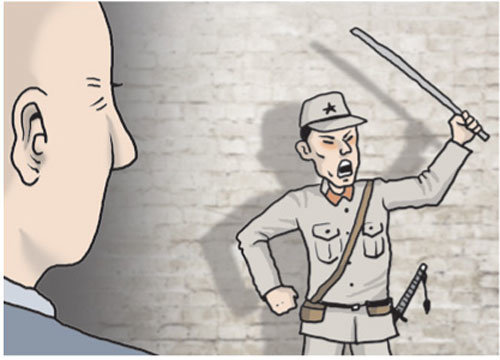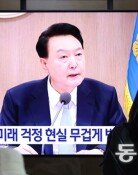Haiku in the jungle
Haiku in the jungle
Posted September. 01, 2021 07:25,
Updated September. 01, 2021 07:25

“Even in Kyoto/ Hearing the cuckoo’s cry/ I long for Kyoto.” This is haiku, a type of short form poetry, by 17th-century Japanese poet Matsuo Basho. This extraordinary work expresses the poet’s affection for the city in three lines and 17 characters. There is an English novel that is full of such haiku. That is Man Booker Prize winner “The Narrow Road to the Deep North” by Australian author Richard Flanagan. The title of the novel is the same as that of Basho’s travel essay.
One might think that it is a compliment to traditional Japanese literature, but it is not. The novel depicts the plight of the Australian prisoners of war, who were mobilized to build the “Railroad of Death.” The cruelty of Japanese people is beyond imagination. Prisoners of war are beaten to death, starved to death, and succumb to diseases. One officer changes some phrases of Basho’s haiku while he recites it: “Even in Manchukuo/ Seeing the neck/ I long for Manchukuo.” It is eerie to see a Japanese soldier looking at the neck of someone when he meets one which will be soon cut off by his sword.
The reason why haiku appears in the novel is obvious. It is to contrast the beauty of haiku with madness. It was the “ideology promoted by Japanese intellectuals, religious leaders, artists, journalists, and politicians of that time” that drove the soldiers into madness. There was a culture that created haiku and also an ideology that dishonored it. Those vicious Japanese soldiers and their puppets were the victims of that ideology. The people that the author met were ‘humans,’ who felt sorry for their actions and felt guilt and shame. The author’s father, who was a prisoner of war, no longer recalled the nightmarish memory of the past after hearing the story. It might be hard to believe but his memory has actually been erased. Even if he did not forgive them, he was set free from the past by their humanity and apology. Perhaps enlightened by his father, the author does not lose faith in humanity while reproducing the ruthless violence of the Japanese military and tries to look at them with humanity instead of hate. That is a very generous view of humans.
Headline News
- Israel prepares for retaliation against Iran
- Samsung reclaims top spot, surpassing Apple in smartphone market
- 77% of Koreans in 20s and 30s are 'Kangaroo Tribe' due to job crisis
- KBO referees embroiled in controversy over ABS decision concealment
- Inflation, oil price surge put double shock on global economy






